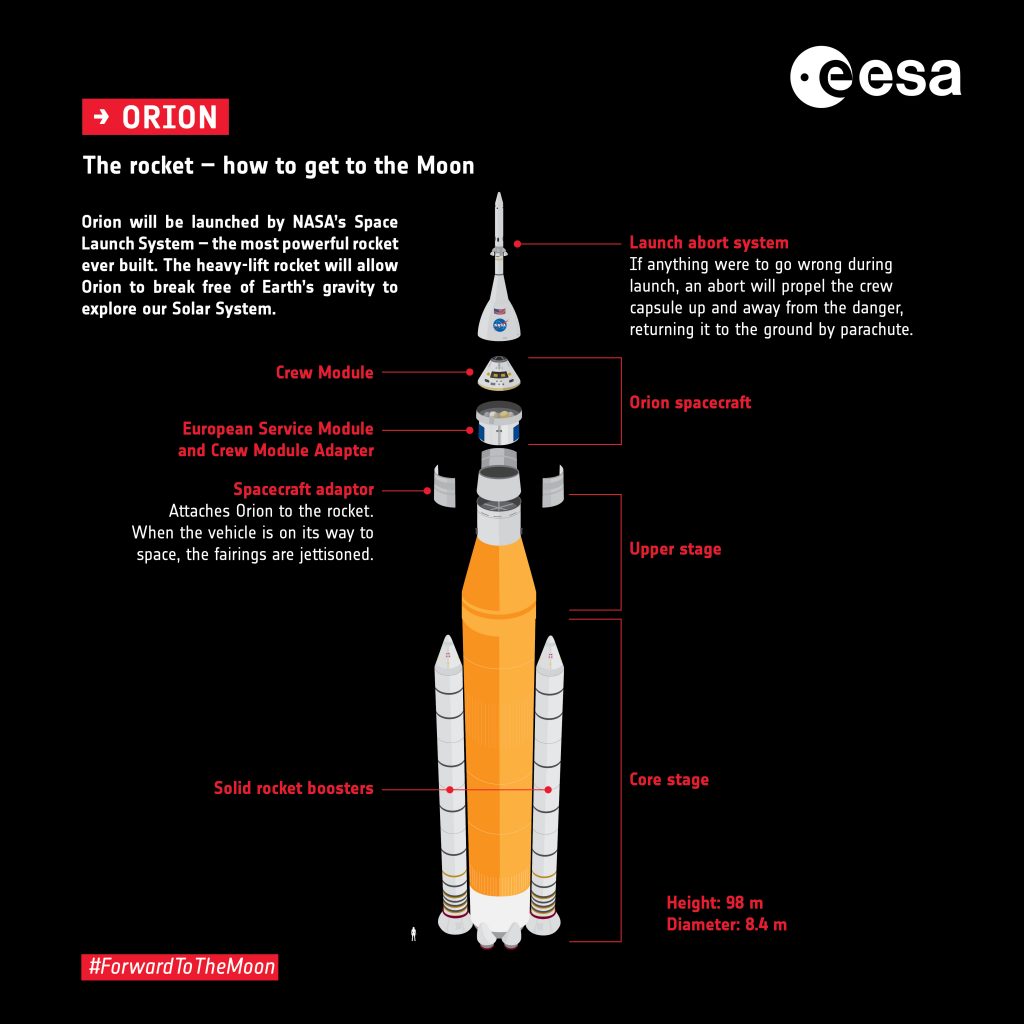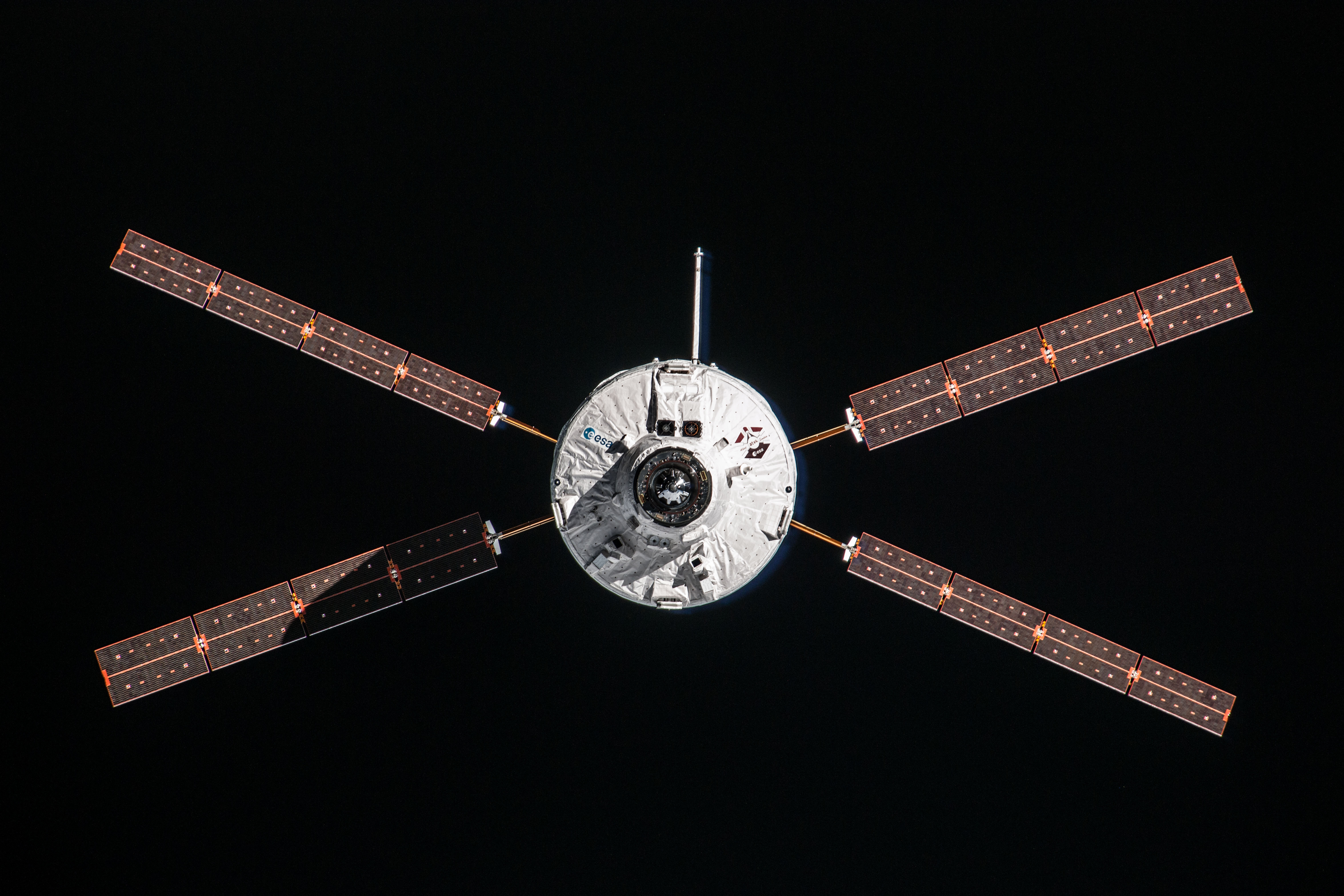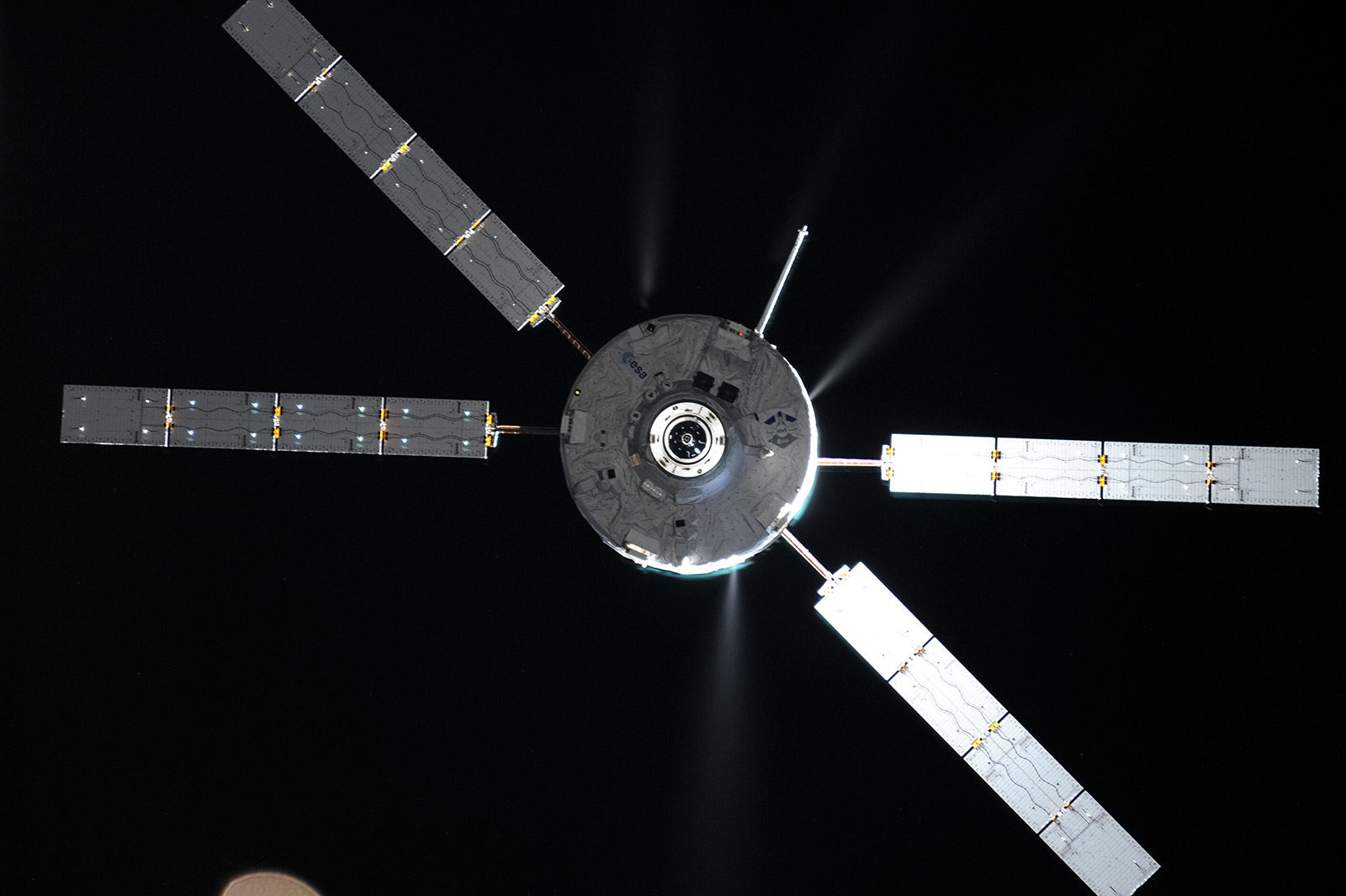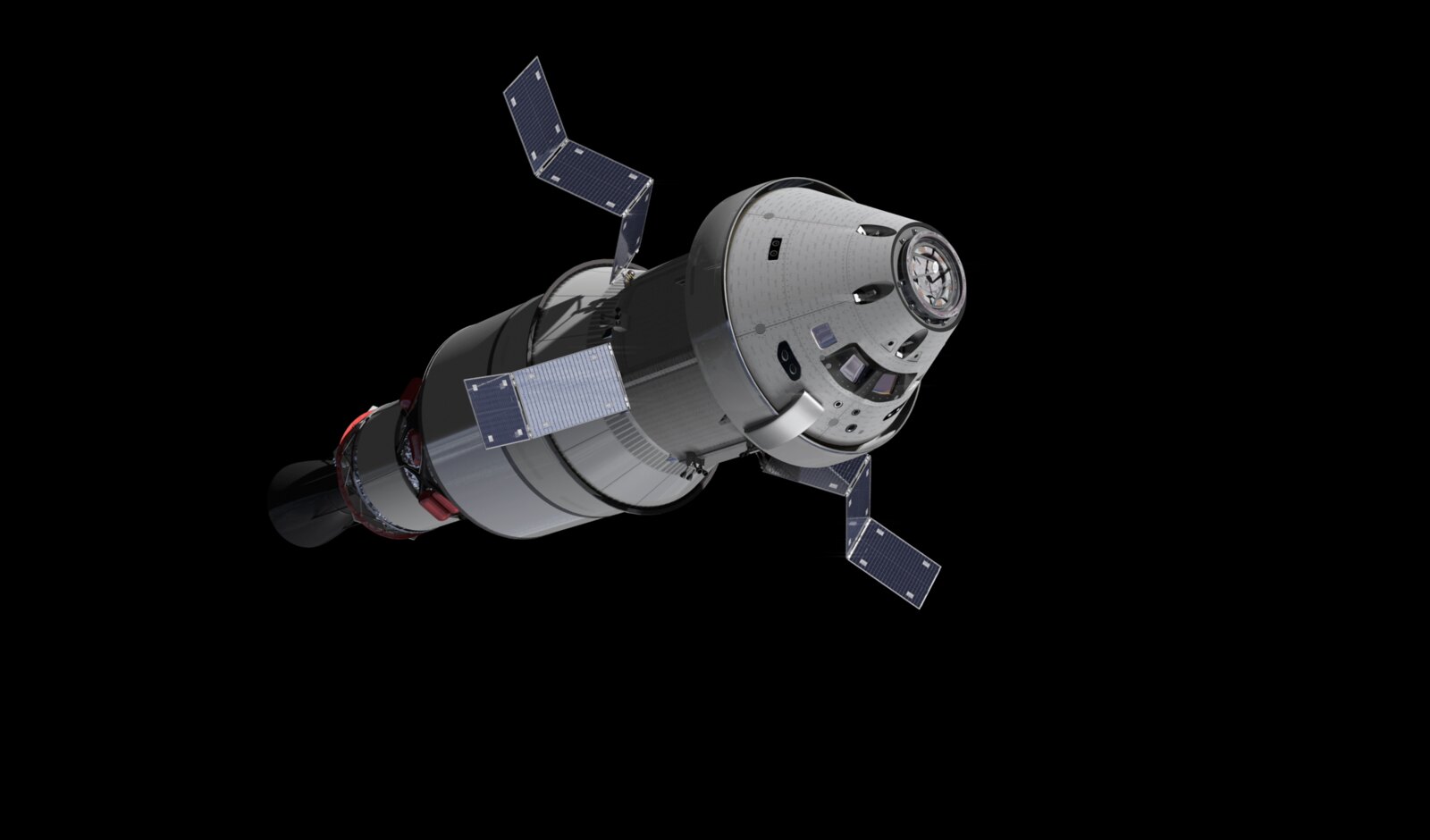Update: The Artemis I rocket has arrived at its launchpad at around 13:30 CET (12:30 GMT, 08:30 local time), after spending more than nine hours on the road from the Vehicle Assembly Building. Pictures of the rollout are available on NASA’s Flickr page.
In the early hours of Friday morning, 4 November 2022, from 05:01 CET (04:01 GMT) the Artemis I rocket will leave the Vehicle Assembly Building for launchpad 39B. This will be the third time the rocket will hit the road, after a rollout for the tanking test in March, and a rollout in August for the first launch attempt in September 2022.
The mega Moon rocket SLS comes with fresh batteries for the Flight Termination System (FTS). Engineers also have replaced the batteries on the interim cryogenic propulsion stage. They were tested and are ready for rollout to the launchpad. Technicians also tested the solid rocket boosters over the last month.
The experiments inside the Orion spacecraft have also been recharged or had their batteries replaced, the experiments are mostly looking at the radiation levels humans will receive on the voyage to the Moon and back. Two European experiments involve radiation mannequins and active dosimeters that will record radiation levels throughout the Artemis mission. Charging of the secondary payloads in the Orion stage adapter is also complete.
The rollout will take over six hours to cover the 6-km voyage to the launchpad, crawling slowly over a specially-prepared track on the mobile launcher. More on the trip and how it is done in this video with NASA operations manager for Artemis, John Giles:
During the rollout the Orion spacecraft will stay on top of the SLS rocket as it is on launch day. The European Service Module is powered down and will be switched on once on the launchpad for checks and tests of its systems.

The first launch opportunity is 14 November from 06:07 CET (05:07 GMT).

 Automated Transfer Vehicle page
Automated Transfer Vehicle page ATV blog archive
ATV blog archive
 NASA Orion page
NASA Orion page NASA Artemis
NASA Artemis Airbus Orion page
Airbus Orion page
Discussion: no comments